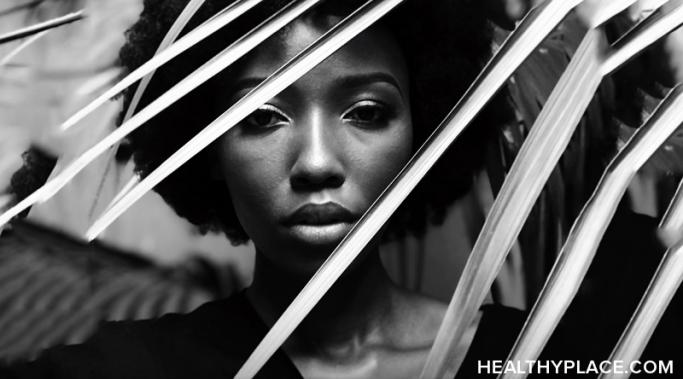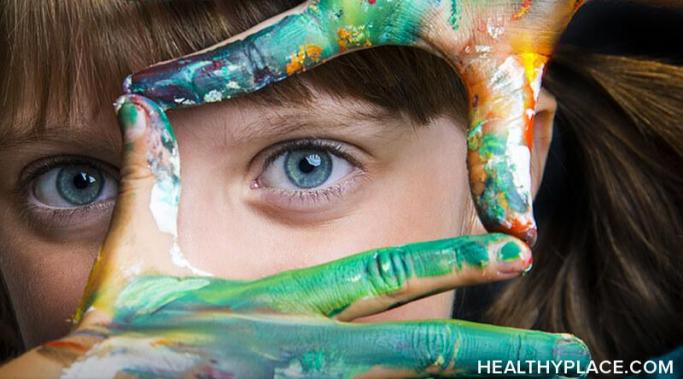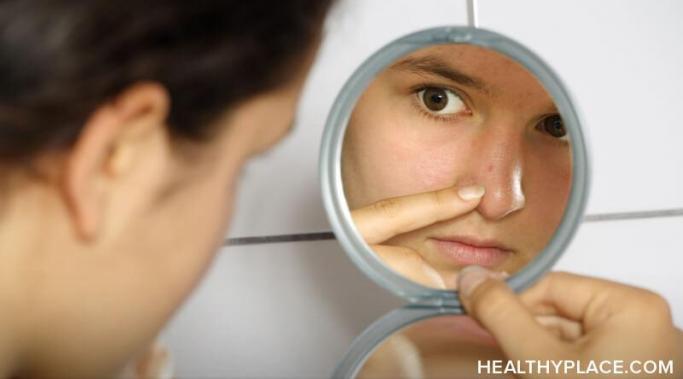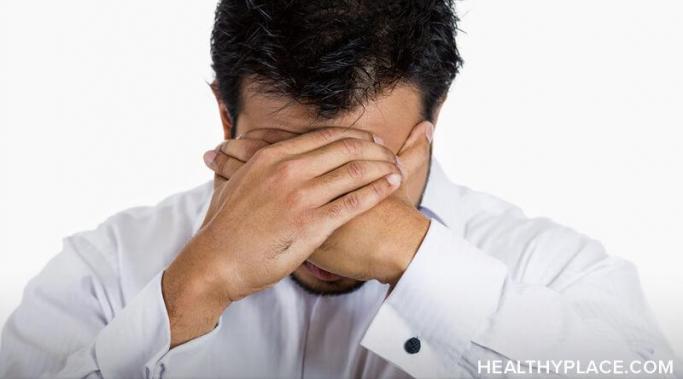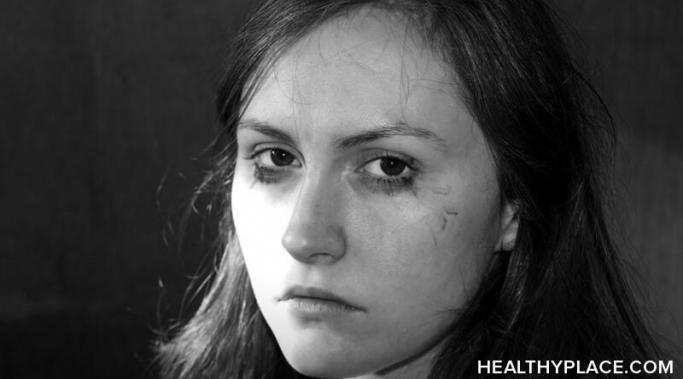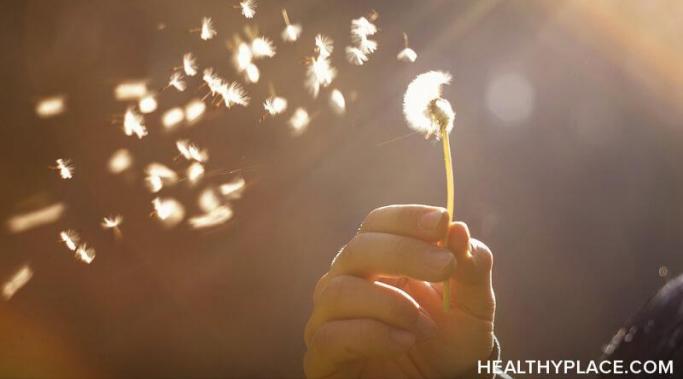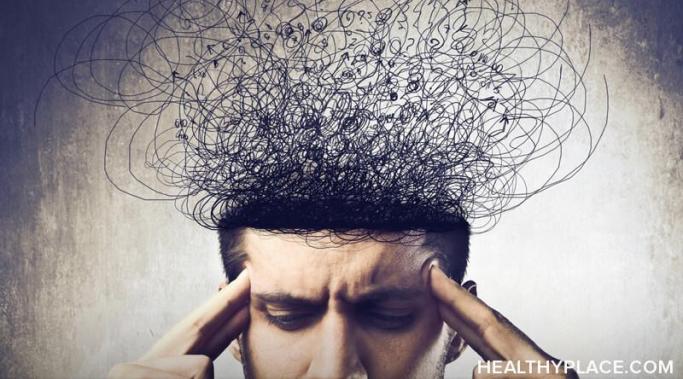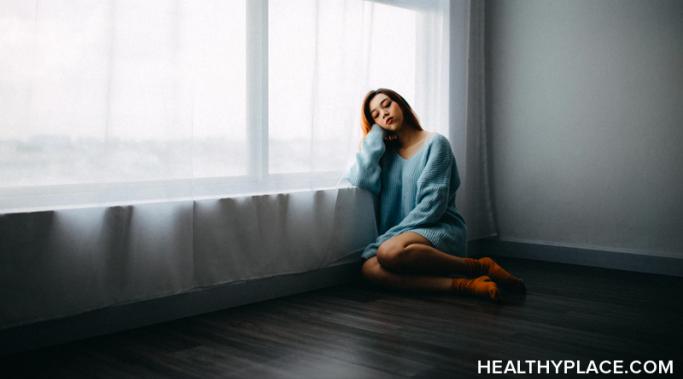Yesterday evening, I physically and emotionally disconnected from myself for some time due to depression. I felt like I was watching my meat suit cry because she could no longer take being locked in at home with no physical escape. That's right; I was having a meltdown because of COVID-19's lockdown restrictions since March.
Coping with Depression
It is no secret that good company is crucial to fight boredom, loneliness, and even depression. However, there is a common belief that good company can only be found in another person. I believe that anything that keeps you engaged and/or entertained is good company. While the ideal situation is to spend time with someone you care about; well, inanimate objects are the next best option.
Overthinking is often held responsible for causing anxiety and vice versa, and it should be. However, I recently realized that overthinking and depression can be problematic too.
On June 14, Sushant Singh Rajput, a rich and famous Bollywood actor killed himself with seemingly no reason to be depressed. The man was only 34 years old and was on prescription drugs for depression. As we fans grieve, multiple questions are being raised, from the expected to the sensational. And there is one question that is being asked over and over: what drove him to commit suicide? Being rich and famous, he had everything going for him. Surely he had no reason to be depressed in the first place.
If you have depression, consulting a therapist is the smartest move you can make to learn healthy coping mechanisms to deal with it, but self-therapy for depression can help you in a pinch.
Going by my conversations with friends and readers, COVID-19 has given rise to a new kind of depression: quarantine depression. As the term implies, it is a direct result of the quarantine. But like most things in life, there are ways to manage it so that it doesn't consume you. Here are some tried and tested tips that I am using to reduce the intensity of my quarantine depression.
This is my final post as a blogger for HealthyPlace. Over the years, I've written for both Coping with Depression and Speaking Out About Self-Injury, and had the opportunity to interact with readers generous enough to share their experiences and opinions with others. I appreciate each and every person who visited these blogs, even just out of curiosity.
I started my journey on the "Coping with Depression" blog almost three years ago. Today, I am writing my final post for this blog. I have been fortunate to work for HealthyPlace and will always be grateful for the time and space I was given here. I conquered both fear and doubt to become a mental health blogger, and I could not have done that without the support and guidance of the team and staff at HealthyPlace.
The mixture of chaos and depression will increase the longer we continue to face the COVID-19 pandemic. When chaos takes place in our mind, we can have a harder time coping with our depression. I am finding this to be true for myself over the past several days. If you, too, are feeling more chaotic and finding it especially difficult to cope with your depression lately, then let's see if we can figure out some coping strategies that might help.
The COVID-19 pandemic has caused me to struggle with certain aspects of my depression more than I usually do, but I'm trying to cope in healthy ways. If you're also having trouble coping with your depression during this difficult time, maybe some of these ideas can help you, too.
